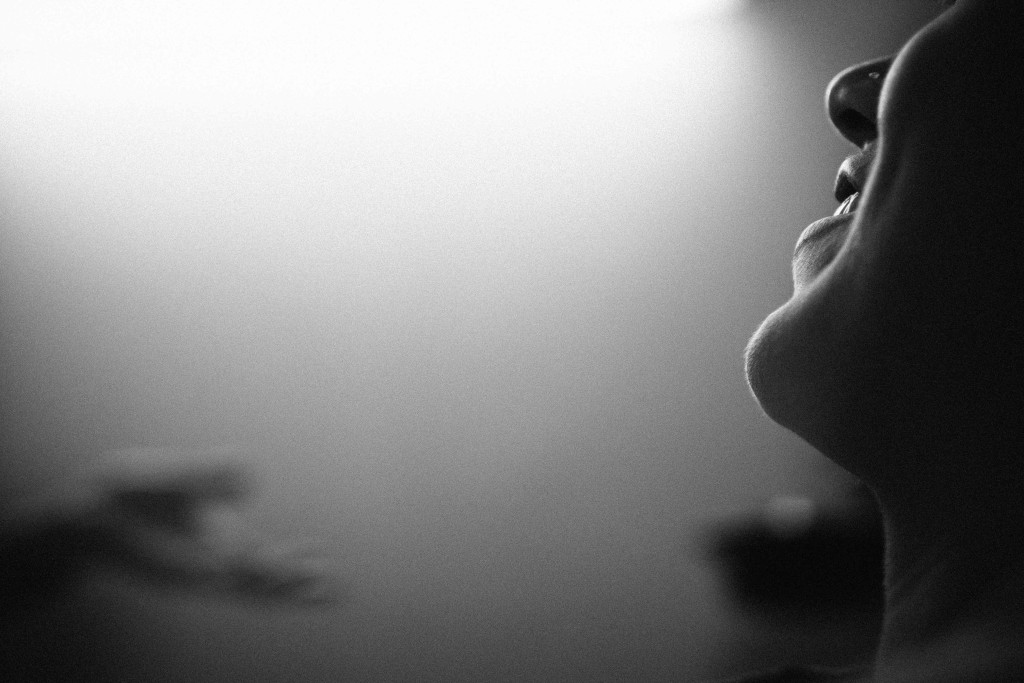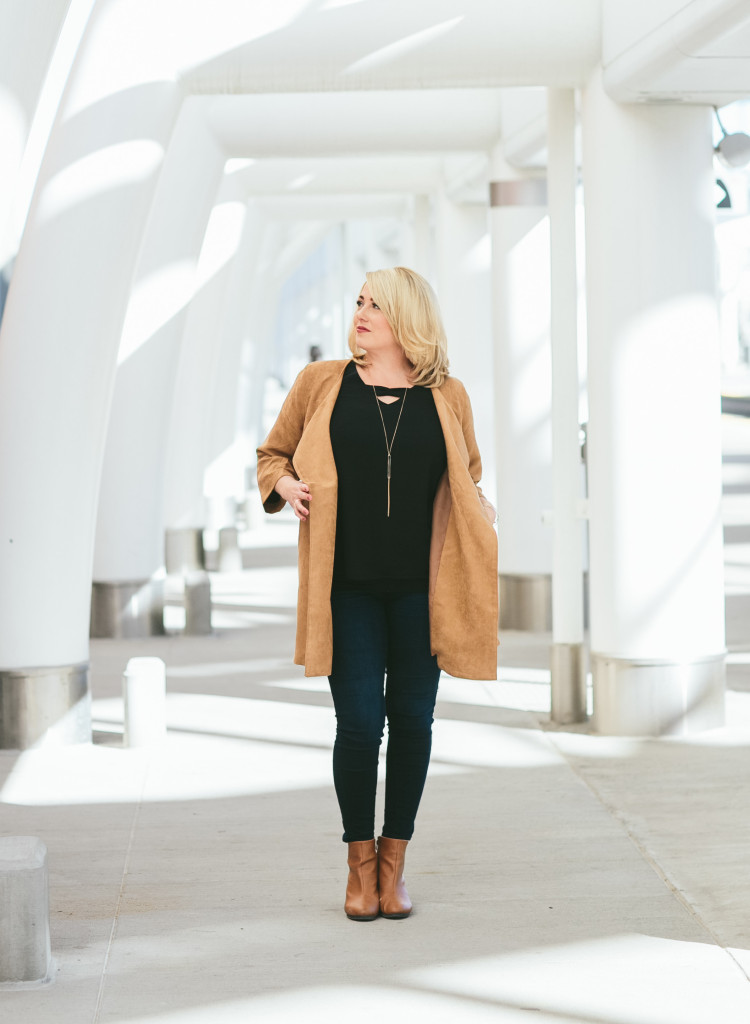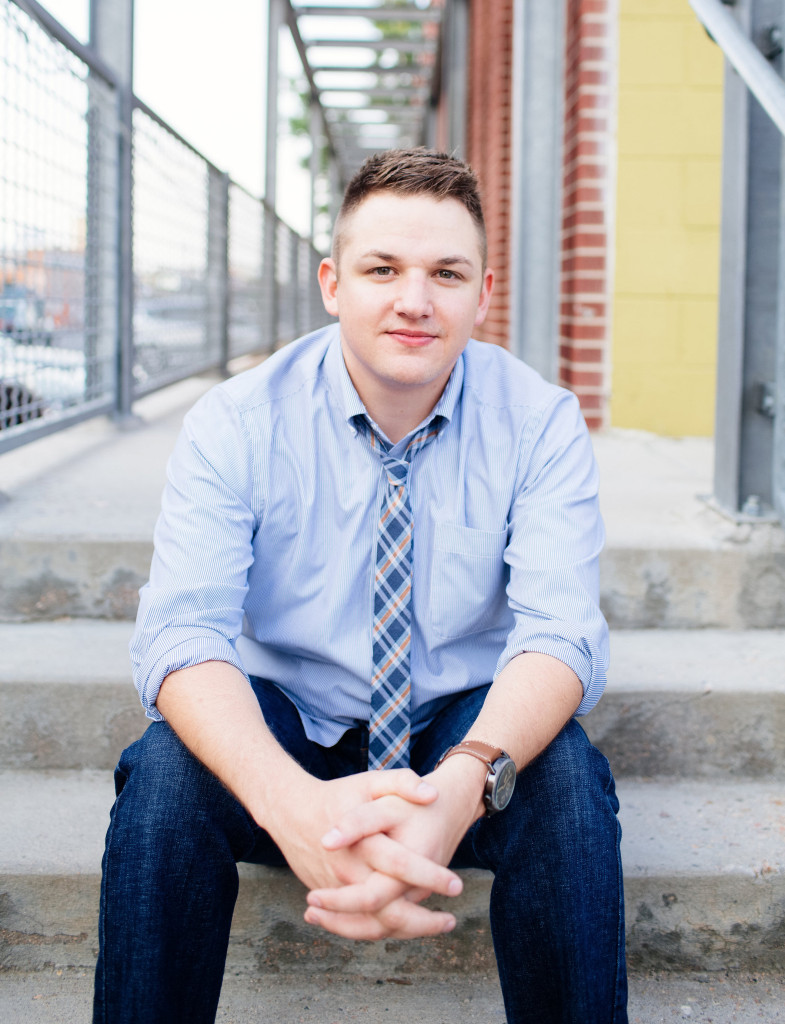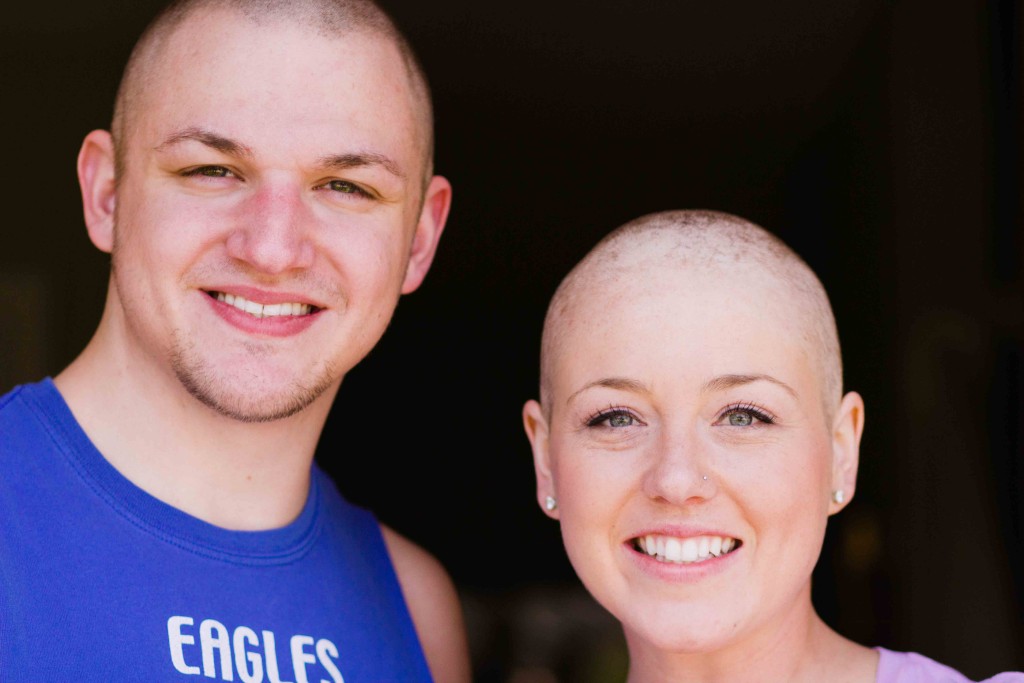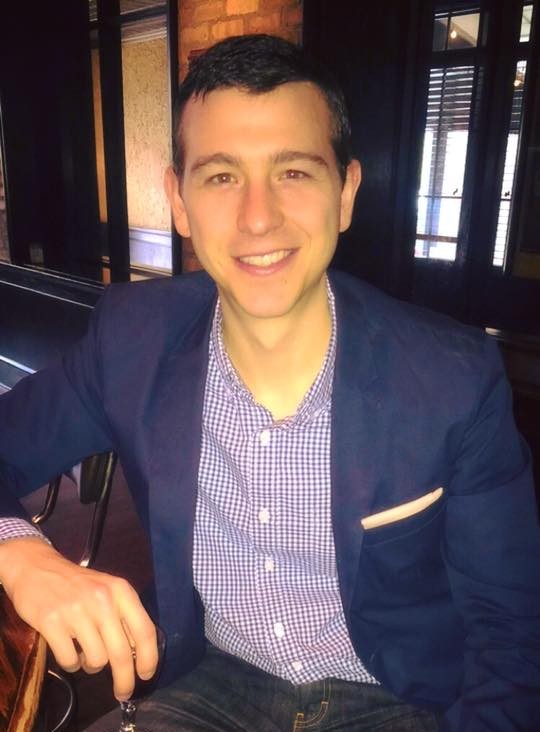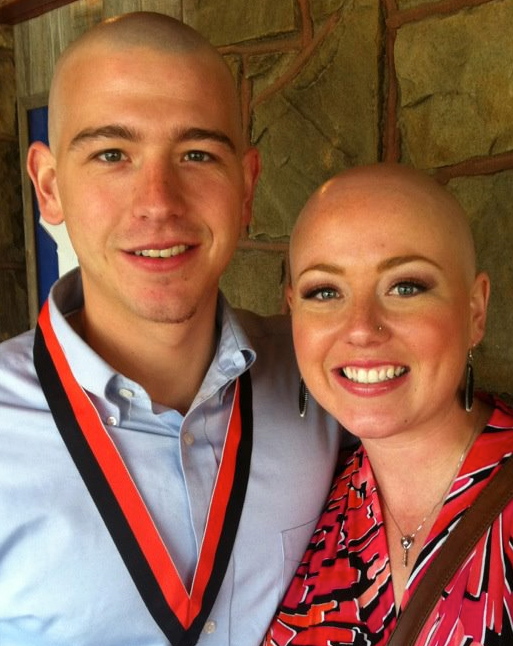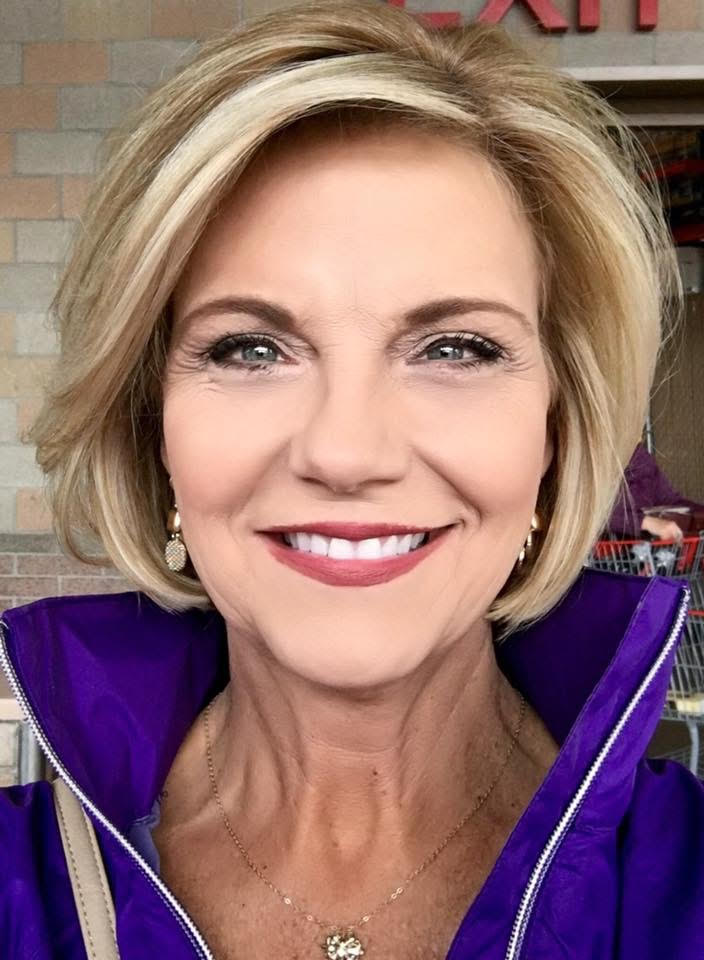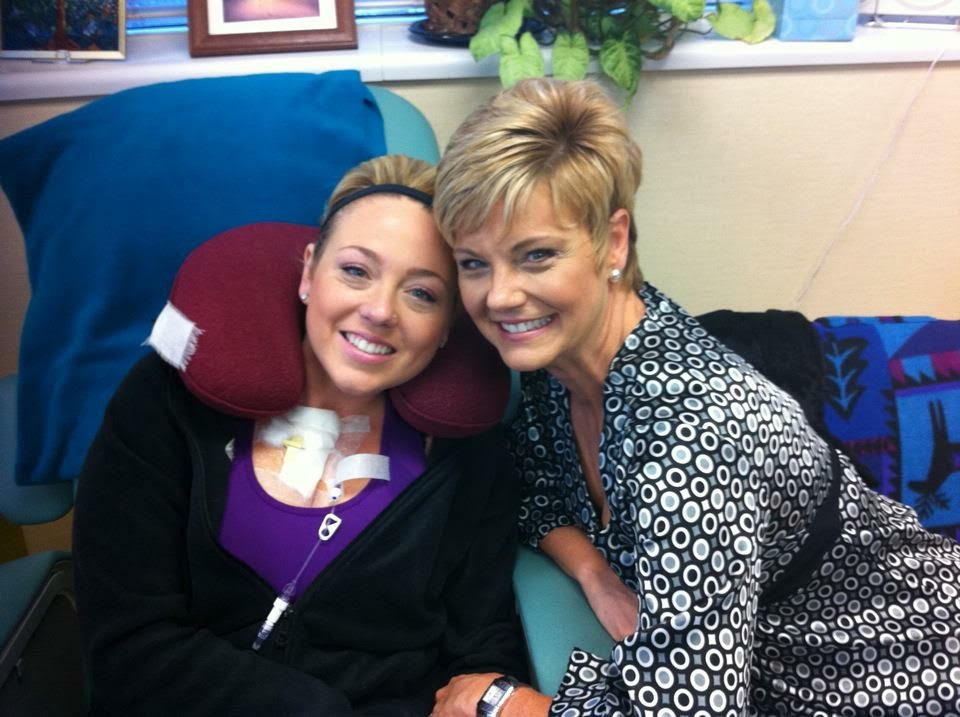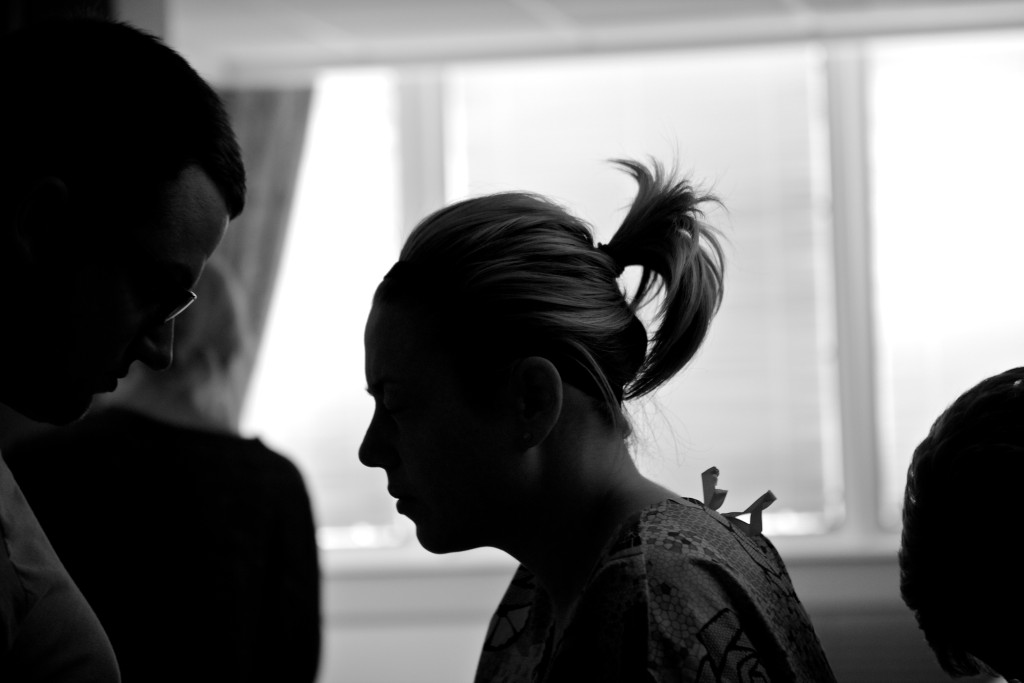I try my hardest to look forward. I encourage others to do the same when exiting the gates of Cancerland and transitioning into life after. Don’t look back. Push forward. Look ahead. Yes, it’s true. Vital to let go of the past in order to embrace what lies ahead. But sometimes healing requires us to step back in order to equip us to move forward.
I always told myself that one day I would visit the hospital in Denver where I received all of my treatment and surgeries. I thought fondly of the moment I would visit my doctors. I imagined that we would rejoice and celebrate at the hard work we all put in for me to be able to sit here today and be cancer free. Hugs and tears flowing as we would reflect over the difficult road that led us to this very moment. The numerous surgeries and chemotherapies. The middle of the night calls of desperation to my oncologist. Each needle poke in my chest to access my port. Every encouraging word and prayer that pushed me over the finish line. I dreamt of the day I would walk back into my doctor’s office with long, flowing hair and without trace of disease.
As time continued to go on, I thought less of the wonder of walking back through the doors of the hospital and more about the dread and anxiety it would cause if I were to do so. Thinking about the sterile smell of the infusion center would trigger instant nausea. I cried fearful tears as irrational thoughts flooded my mind. Would stepping back into the place I fought cancer cause my cancer to recur? Irrational, I know, yet it felt so real and valid and true. Why would I subject myself to the very place that housed my darkest and most painful memories? My life has moved forward, there’s no need to step back there. We live in Austin now, and though we’d be back to Denver to visit family and friends, there was no reason to go out of our way to get to that hospital.
I recited to myself what I’ve encouraged others to do… Keep your eyes forward. The past is the past, let it go. Yet no matter how determined I was to walk the talk, everything in me was pulling me back. I was tethered to that hospital. Tethered to the nurses, technicians, and doctors that saved me. Not only did my medical team save my life, but they invested years into it. Never once giving up. Always willing to try again upon each recurrence. They had become family, and the reason I found myself longing to go back was to reunite with my DNA. They had become a part of who I am, and denying it would be rejecting my very self. I had to see them. The longer I avoided this, the longer my complete healing would be suspended — trapped in some version of recovery purgatory.
We flew to Denver last month to celebrate my brother and new sister-in-law’s wedding. We extended our trip for the entire week and made plans to visit family and friends. We even made sure to leave a couple days open to ensure that we weren’t booked solid. In the back of my mind, I knew this was it. The time had come when I would walk through the hospital doors for the first time in nearly two years. I called my doctor’s office and let them know that I would be in town and would love to swing by and say hello. The receptionist gave me a day and time that was most optimal for my doctor and nurse. Once I hung up the phone, I was flooded with anxiety. Technically, I didn’t schedule an actual appointment, so if I decided to miss, it wouldn’t be that big of a deal. I noticed myself already backing out. I wasn’t so sure I could do it.
The day arrived and I could barely contain my racing thoughts and unbridled emotions. My husband was calm and quiet, providing stability and reassurance. As we drove down the familiar roads that led us to the hospital, I was becoming increasingly nervous. How would I feel when we arrived? Could I actually do this? Was I ready? The closer we got, the more of a wreck I became. Past memories washed over me and, without success, I tried to sort through them. Before I could fully wrap my mind around what we were doing, the hospital was in view. There was no turning around now.
I was instantly transported to the past. I saw myself bald and weak, barely alive, making my way to chemotherapy. I reached up to touch my head, in order to remind myself that I did in fact have hair, was cancer-free and beyond treatment. My body was physically urging itself to stop. White knuckled, sweat forming, I became antsy. “I don’t think I can do this,” I whispered. “It’ll be alright,” my husband encouraged in response. We drove through the parking garage to the roof, where only one parking spot remained. As Matt unbuckled his seatbelt, I stopped him from opening the door. I needed to sit in the moment. I needed to breathe. I needed to overcome the crippling fear and anxiety that glued me to my seat. I cried.
Soon, I gave the okay, and we walked toward the wing of the hospital where I had been over one hundred times previously. All so familiar, the smells and sights ushered floods of memories. Under my breath I tried to convince myself, “I can do this,” and while shocked I also repeated, “I can’t believe I’m doing this.” In a few minutes, we were standing in front of the entrance to my doctor’s office. Before pulling the handle on the door and entering my home away from home, I took a moment to center myself — remembering how important this was for my complete recovery — and without thought, we were standing in the middle of the waiting area, a beaming smile plastered to my face.
It all happened so fast. A smile reciprocated from the receptionist who I had spent hours with on the phone over the course of five years, scheduling appointments, leaving messages for my doctor, and paying bills. Everything had changed, yet nothing had. We hugged, and my eyes quickly shifted as my nurse walked in to grab a patient. Without shame, I interrupted and hugged her. No words needed to be shared just yet, smiles would do. She jubilantly told me that she would let my doctor know that I was here. Matt and I picked the two seats in the waiting room that we sat in countless times prior. I breathed it all in, and pouring over me came a loud, crashing, undeniable wave of gratitude.
My doctor peeked around the corner, smiled, and motioned that we follow her. I practically ran and found myself in a tight embrace with my dear friend, my oncologist. Neither of us let go. No words needed to be said. We cried into each other’s shoulders, and laughed at the precious miracle that was and still is. I’m alive. I’m alive. I’m alive. We pulled apart and looked at one another, taking it all in. We caught up on the goings on in each of our lives. With joy abundant, we reflected over the past five and a half years. Seeing the woman who fought for me, cried with me, and encouraged me countless times through my battle against this disease was more beautiful and fulfilling than I ever dreamed it would be.
Had I not stepped back, I could have never moved forward.
After making a surprise trip to the infusion center to visit my chemo nurses, I walked out of the hospital with my head held high. Healed. Death did not win. The enemy did not succeed. What was meant for harm was made beautiful. Restored. For the first time since I was diagnosed with cancer, I saw the whole picture. Not just a peek, or a glance, or a flash of its beauty, but a deep knowing that there was purpose in my pain. God’s redemption over my life overwhelmed me. He saved my life. He formed a team of doctors and nurses to come alongside me, and he knitted them into my story with deliberate intention.
It would have been easy to go the rest of my life without stepping foot into that hospital once more. Easy to avoid the pain, post traumatic stress, and anxiety. Easy to shove the feelings down deep into my soul. But it would have dishonored and dejected the journey that led me here. Sometimes we think healing involves forgetting or avoiding. That in moving forward, we shouldn’t dare look back. But there is power in addressing the place of our deepest pain. There is redemption in stepping back to reflect over how far we have come. There is honor in gratitude. There is healing in acknowledgement.
Sometimes we must step back into the depths of our grief in order to walk in confidence towards the future.
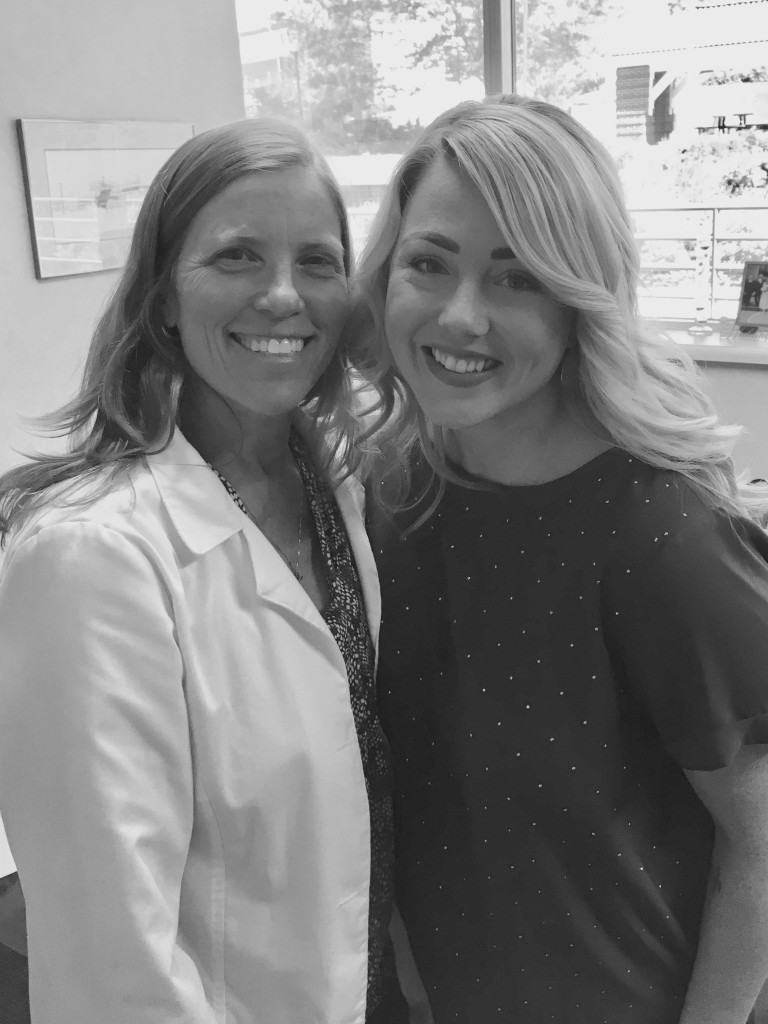
Lamentations 3:21-23 (The Message)
“I’ll never forget the trouble, the utter lostness, the taste of ashes, the poison I’ve swallowed. I remember it all — oh, how well I remember — the feeling of hitting the bottom. But there’s one other thing I remember, and remembering, I keep a grip on hope: God’s loyal love couldn’t have run out, his merciful love couldn’t have dried up. They’re created new every morning. How great your faithfulness! I’m sticking with God (I say it over and over). He’s all I’ve got left.”



